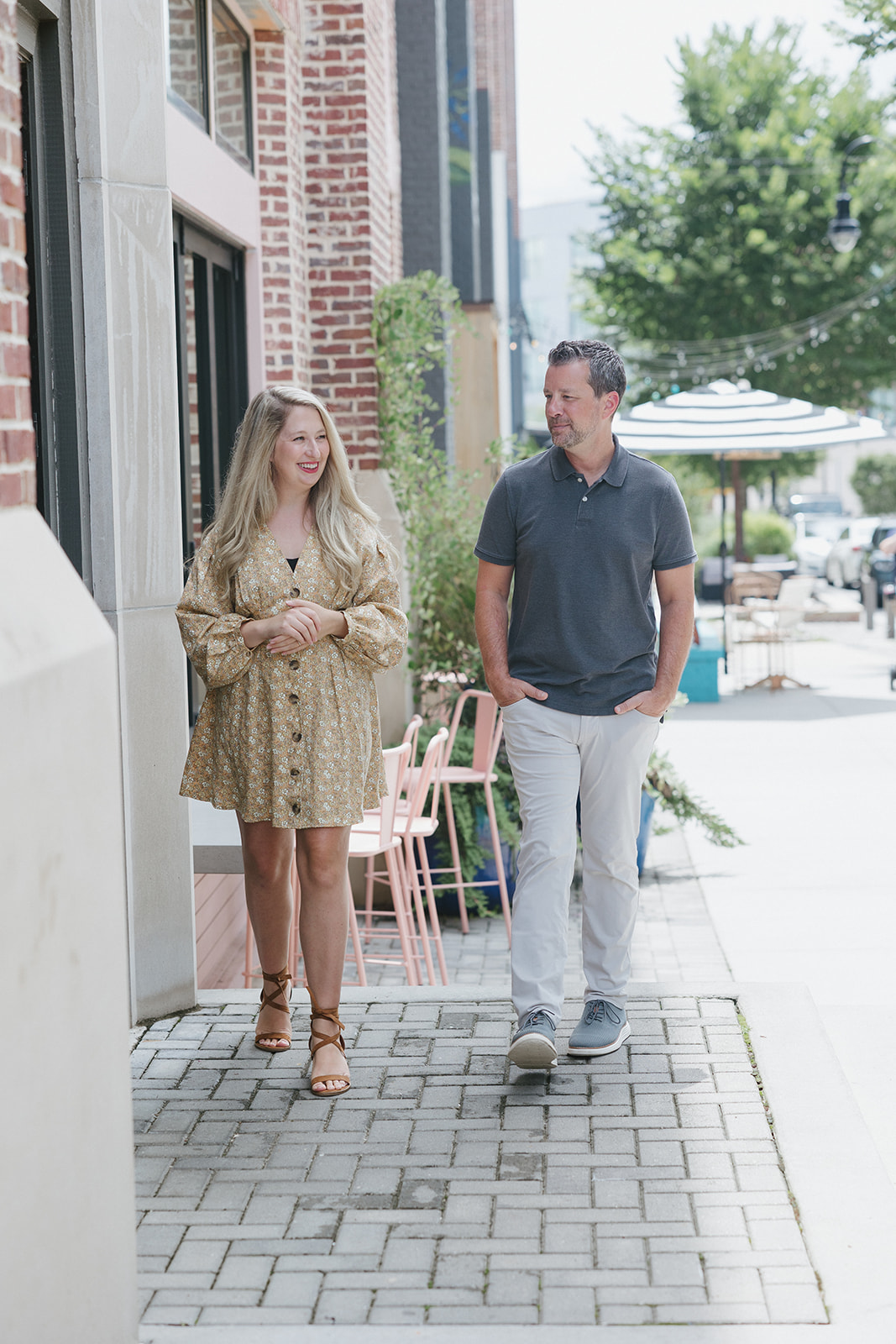Navigating Holiday Stress with Resilience: A Guide for Trauma Survivors
The holiday season, often a time of joy and celebration, can pose unique challenges for trauma survivors. Navigating festivities, family gatherings, and the overall hustle and bustle can trigger stress and anxiety. This blog serves as a compassionate guide, offering insights and strategies to help trauma survivors not only navigate but also find moments of peace and joy during the holidays.
Understanding Triggers:
For trauma survivors, the holidays can act as potential triggers, bringing forth memories or emotions tied to past traumatic experiences. Acknowledging these triggers is the first step toward understanding and managing the stress they may evoke. Awareness allows survivors to anticipate challenging situations and implement coping mechanisms proactively.
Establishing Boundaries:
One of the essential aspects of managing holiday stress is setting clear and healthy boundaries. Communicate openly with loved ones about your needs and limitations. Whether it\’s declining certain invitations or requesting space during overwhelming moments, establishing boundaries is crucial for maintaining emotional well-being.
Creating Safe Spaces: Amidst the holiday hustle, carving out safe spaces becomes paramount. Identify places or activities that bring a sense of calm and security. Whether it\’s a quiet corner at a family gathering or a cherished solo activity, having designated safe spaces provides an emotional refuge during challenging times.
Mindfulness and Grounding Techniques: Practicing mindfulness and grounding techniques can be powerful tools for trauma survivors during the holidays. Simple exercises such as deep breathing, guided imagery, or focusing on sensory experiences can help anchor individuals in the present moment, mitigating the impact of stress triggers.
Utilizing Support Systems: Lean on your support network during the holiday season. Communicate your needs and concerns with trusted friends or family members. Having a supportive community provides not only emotional reinforcement but also a sense of connection during potentially isolating times.
Self-Care Rituals: Prioritize self-care rituals to foster emotional well-being. Whether it\’s indulging in a favorite book, taking leisurely walks, or practicing creative activities, dedicating time to self-nourishment is crucial. Self-care acts as a buffer against holiday stress, promoting a sense of balance and tranquility.
Mindful Celebrations: Reimagine holiday celebrations through a mindful lens. Choose events or activities that align with your comfort level and values. Whether it\’s attending smaller gatherings, opting for quiet celebrations, or creating new holiday traditions, mindfully curating your holiday experience empowers you to reclaim joy on your terms.
Professional Support: Seeking professional support during the holiday season can be immensely beneficial. Therapists or counselors specializing in trauma can provide tailored strategies to navigate holiday stressors. Professional guidance offers a structured and supportive space for processing emotions and developing coping mechanisms.
Reflection and Gratitude: Amidst the holiday chaos, take moments for reflection and gratitude. Recognize and celebrate the progress made on your healing journey. Reflecting on personal strengths and moments of resilience fosters a positive mindset, reinforcing your capacity to navigate challenges, even during the holiday season.
Cultivating Flexibility: Approach the holidays with a spirit of flexibility. Allow yourself the grace to adapt plans based on your emotional needs. Embracing flexibility reduces the pressure to conform to external expectations, empowering you to navigate the season with authenticity and self-compassion.
Conclusion: As trauma survivors navigate the holiday season, the key lies in compassionately acknowledging personal boundaries, utilizing coping strategies, and prioritizing self-care. By approaching the holidays mindfully and embracing a supportive network, trauma survivors can transform the season into an opportunity for healing, resilience, and moments of genuine joy. Remember, the path to navigating holiday stress is unique to each individual, and finding what works best for you is a powerful step toward a more peaceful and fulfilling holiday experience.











